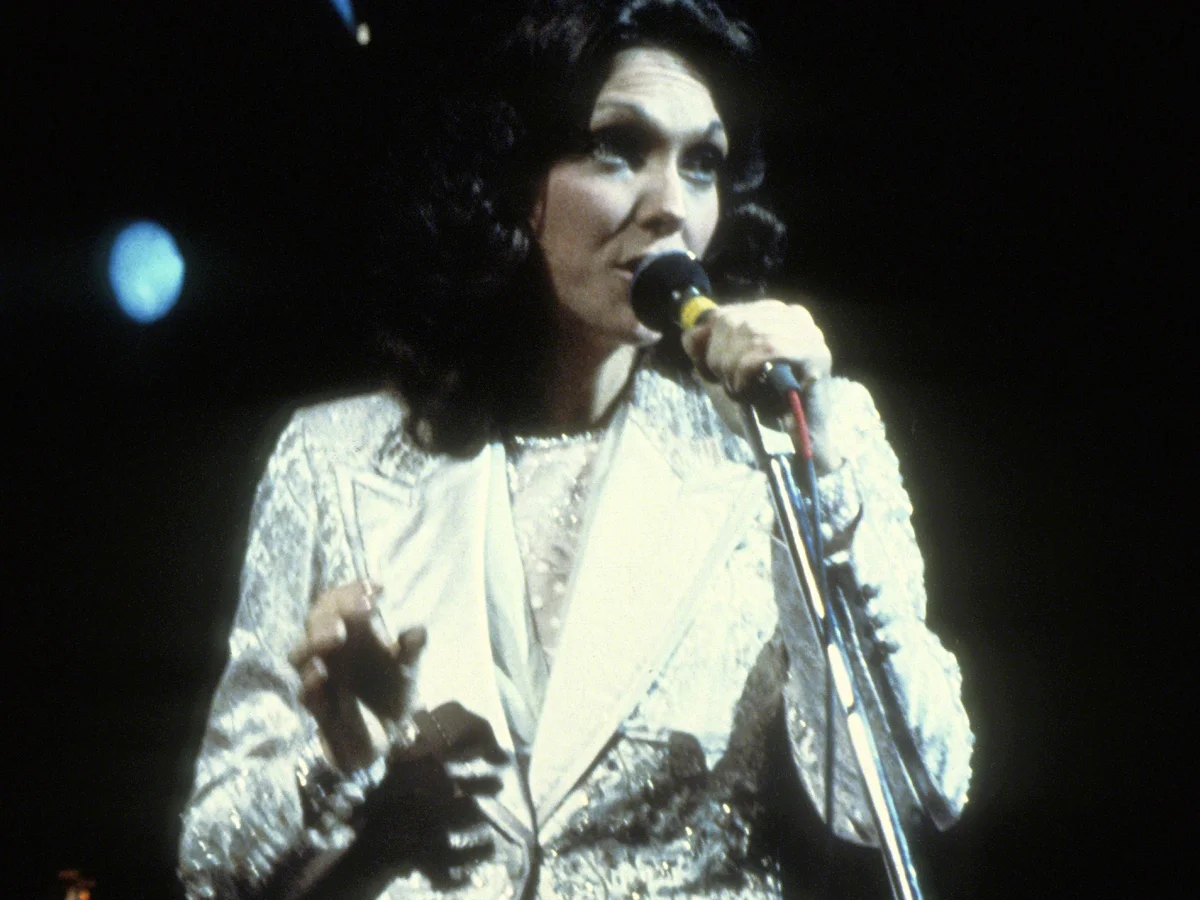
Karen Carpenter’s voice, widely regarded as one of the most distinctive and beautiful in pop music, captured the hearts of millions during the 1970s. Alongside her brother Richard Carpenter, she became the voice of The Carpenters, known for their warm harmonies and timeless ballads like “Close to You” and “Rainy Days and Mondays.” However, the story behind Karen’s success is filled with more than just accolades and chart-topping hits. Her life was shaped by private challenges, particularly concerning her health and emotional well-being, which were rarely discussed in the public eye.
Karen’s musical journey began humbly. Born in New Haven, Connecticut in 1950, she moved with her family to Downey, California in 1963, where her musical potential began to blossom. Initially drawn to percussion, Karen’s early years were spent in the Long Beach State Marching Band, but it wasn’t long before she started performing with Richard, discovering how their musical talents complemented each other. Richard, a gifted pianist and arranger, and Karen, with her uniquely warm contralto voice, formed a partnership that led to their eventual rise to fame.
Their breakthrough came in 1969 when they were signed by A&M Records, after Herb Alpert heard one of their demo tapes. The Carpenters became known for their signature soft rock and easy-listening sound, with Karen’s voice at the forefront, drawing listeners with its vulnerability and emotional depth. Tracks like “(They Long to Be) Close to You” and “We’ve Only Just Begun” became anthems, defining the duo’s place in pop music history.
Despite their success, Karen faced personal struggles that became more apparent as time went on. As The Carpenters’ popularity grew, so did the pressures associated with fame. Behind the scenes, Karen began grappling with anorexia nervosa, a battle that went largely unrecognized at the time. Her dramatic weight loss, which became increasingly noticeable during the mid-1970s, fueled media speculation and concern, but Karen kept much of her struggle private.
Karen’s health continued to decline, and in 1975, she collapsed during a Las Vegas performance, a moment that brought her condition into sharper focus. Her battles with anorexia and her reclusiveness became more apparent, and by 1983, after a long and difficult struggle, Karen tragically passed away from complications related to the disorder, at the age of just 32.
In the aftermath of her death, her family, particularly Richard Carpenter, reflected on Karen’s legacy. While Richard was often at the helm of the Carpenters’ creative direction, arranging and composing their iconic sound, he also spoke about the profound pain of losing his sister. He described the emotional toll of watching her struggle with both public expectations and personal health issues. His interviews have often emphasized that Karen should be remembered not just for her tragic end but for the immense talent and joy she brought to the world.
